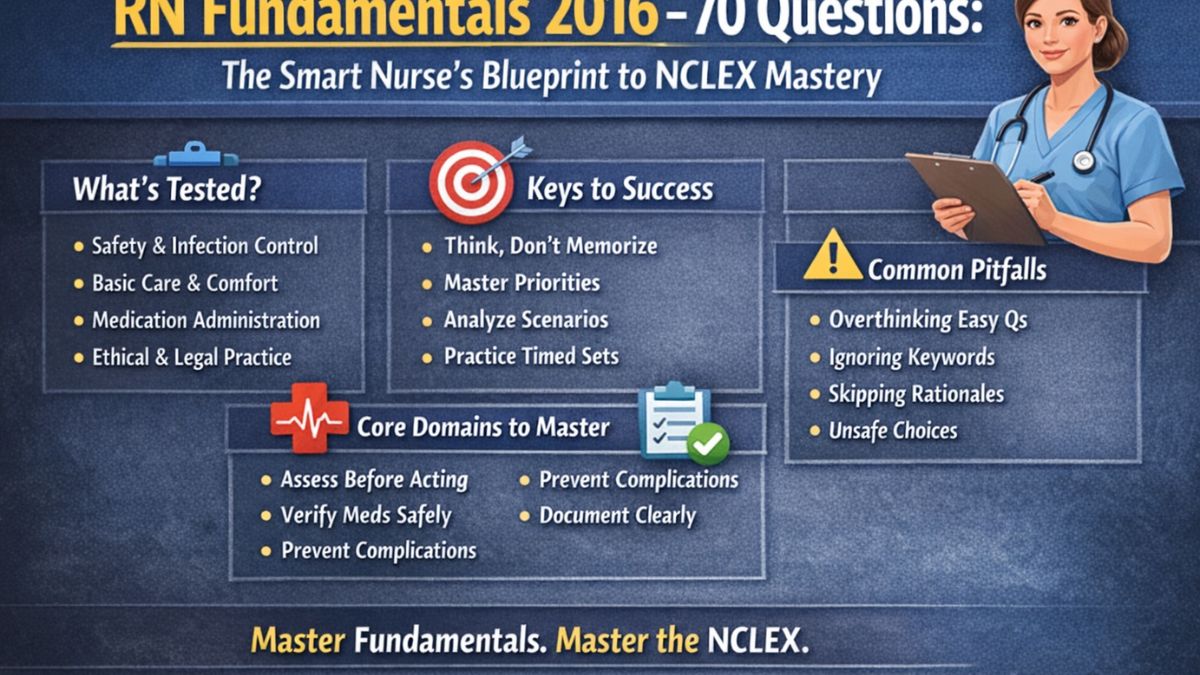In today’s competitive industrial landscape, manufacturing success depends on the ability to innovate, streamline operations, and respond quickly to market changes. The concept of a “smart factory” has emerged as the gold standard, integrating cutting-edge digital technologies to enhance efficiency, productivity, and agility. At the heart of this transformation are robust IT solutions for manufacturing and powerful ERP for manufacturing industry platforms that enable businesses to operate seamlessly in an increasingly digital-first environment.
Embracing digital transformation in manufacturing
The shift toward smart factories is driven by the need for operational efficiency, real-time decision-making, and improved product quality. Digital transformation in manufacturing involves integrating automation, data analytics, and interconnected systems to create an intelligent production environment. Leveraging advanced IT solutions for manufacturing helps optimize processes, reduce downtime, and improve resource allocation, all while maintaining high safety and compliance standards.
The role of ERP in smart manufacturing
Implementing ERP for the manufacturing industry is a foundational step in building a smart factory. ERP systems unify various business processes—such as production planning, inventory management, quality control, and supply chain coordination—into a single, centralized platform. This integration provides manufacturers with real-time visibility, enabling faster decision-making and better collaboration across departments. Modern ERP systems also support advanced analytics, predictive maintenance, and compliance tracking, which are essential for sustaining growth in today’s market.
Leveraging IoT and real-time analytics
The Internet of Things (IoT) is a critical enabler of smart factories, connecting machinery, devices, and systems to collect and exchange data. By deploying IoT sensors and integrating them with advanced analytics platforms, manufacturers can monitor equipment performance, predict maintenance needs, and optimize production schedules. Real-time data analytics empower teams to identify inefficiencies quickly and implement corrective actions, reducing costs and improving output quality.
Enhancing cybersecurity in connected environments
With the increased connectivity of smart factories comes heightened cybersecurity risk. Implementing advanced security measures—such as network segmentation, threat detection systems, and secure access protocols—is essential to safeguard intellectual property and operational continuity. Strong IT governance, combined with secure IT solutions for manufacturing, ensures that sensitive data and critical systems remain protected from cyber threats.
Cloud computing and scalability
Manufacturers can leverage cloud-based IT infrastructures to gain the flexibility and scalability required to adjust to changing demands. Cloud solutions enable remote monitoring, facilitate seamless collaboration, and provide scalable storage for growing datasets. By integrating cloud-based ERP for manufacturing industry solutions, manufacturers can expand capabilities without heavy on-premise infrastructure investments.
Building the roadmap to a smart factory
Transitioning to a smart factory requires a clear strategy, strong leadership, and the right technology partnerships. Manufacturers should begin with an assessment of their current operations, identify opportunities for digital integration, and prioritize investments in systems that deliver measurable ROI. Partnering with an experienced IT provider can accelerate this journey, ensuring that each solution aligns with the company’s operational goals and market needs.
The smart factory blueprint is more than just a technology upgrade—it is a strategic transformation that positions manufacturers for long-term success. By integrating advanced IT solutions for manufacturing and implementing a robust ERP for the manufacturing industry platform, businesses can achieve greater efficiency, agility, and competitiveness in the evolving global marketplace. Now is the time for manufacturers to embrace digital innovation and unlock the full potential of their operations.






